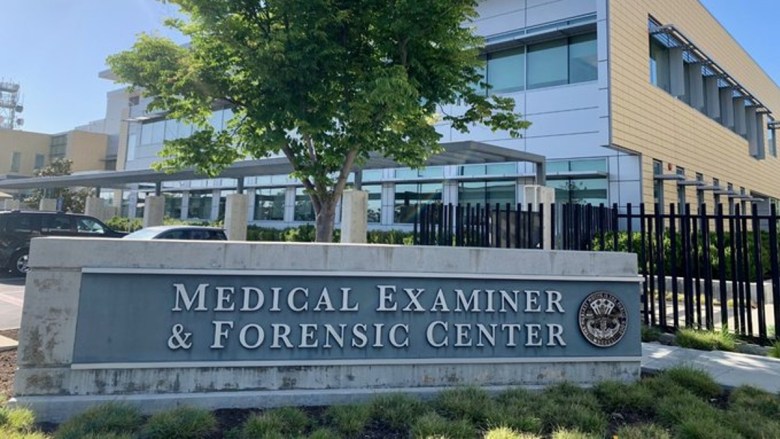UPDATE: The NHS has issued an urgent warning regarding the use of paracetamol, advising the public to exercise caution when combining this widely used painkiller with other medications. This advisory comes as many individuals across the UK rely on non-prescription drugs for everyday pain relief, including headaches and colds.
In a newly released guidance, the NHS highlights critical safety information about paracetamol, indicating that it may react dangerously with certain drugs, particularly warfarin, a medication commonly prescribed to prevent blood clots. The health body states, “Paracetamol is not suitable for some people,” emphasizing the importance of consulting with a healthcare provider before use, especially for those on warfarin.
According to the NHS, combining low-dose paracetamol with warfarin is generally safe, but patients should limit their intake to the lowest effective dose. The NHS cautions, “Taking more than four, 500mg tablets over 24 hours for longer than a few days may make your blood clot more slowly. This puts you at risk of bleeding.”
Furthermore, the risk of overdose increases when paracetamol is mixed with other treatments containing the same active ingredient, such as co-codamol or specific cold and flu remedies. However, medications like ibuprofen, aspirin, and codeine, which do not contain paracetamol, can be safely used in conjunction with it.
The NHS also warns individuals undergoing treatment for epilepsy or tuberculosis (TB) to consult their GP before taking paracetamol, as this combination can pose additional health risks.
While paracetamol is typically safe when taken at recommended doses, the NHS advises monitoring for serious allergic reactions, which are rare but can be life-threatening. Symptoms of anaphylaxis include swelling of the lips, mouth, or throat, difficulty breathing, and confusion. In such cases, individuals should dial 999 immediately.
For those looking for detailed information regarding the safe use of paracetamol, the NHS recommends reviewing the medication leaflet included in the packaging or visiting the official NHS website.
The call for caution comes at a crucial time as winter approaches, a season when cold and flu cases rise and reliance on over-the-counter medications increases. As public health remains a priority, ensuring safe medication practices is essential to avoid potential health complications.
Stay tuned for further updates as this story develops and be sure to share this important information to keep loved ones informed.







